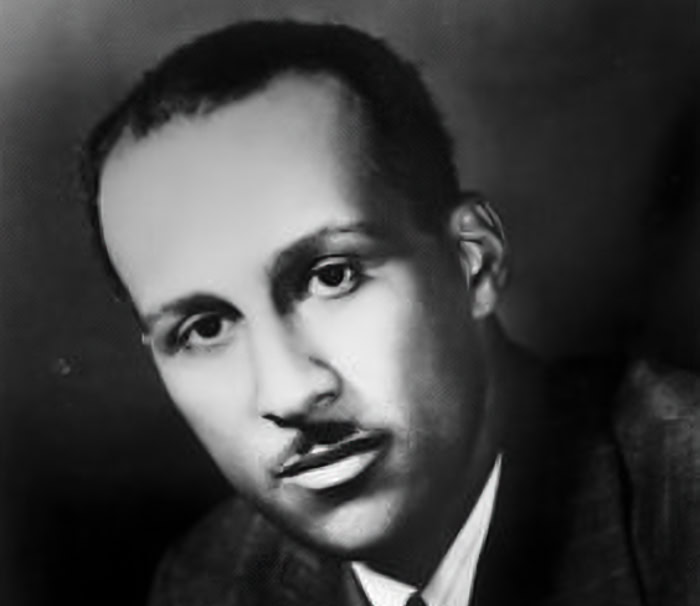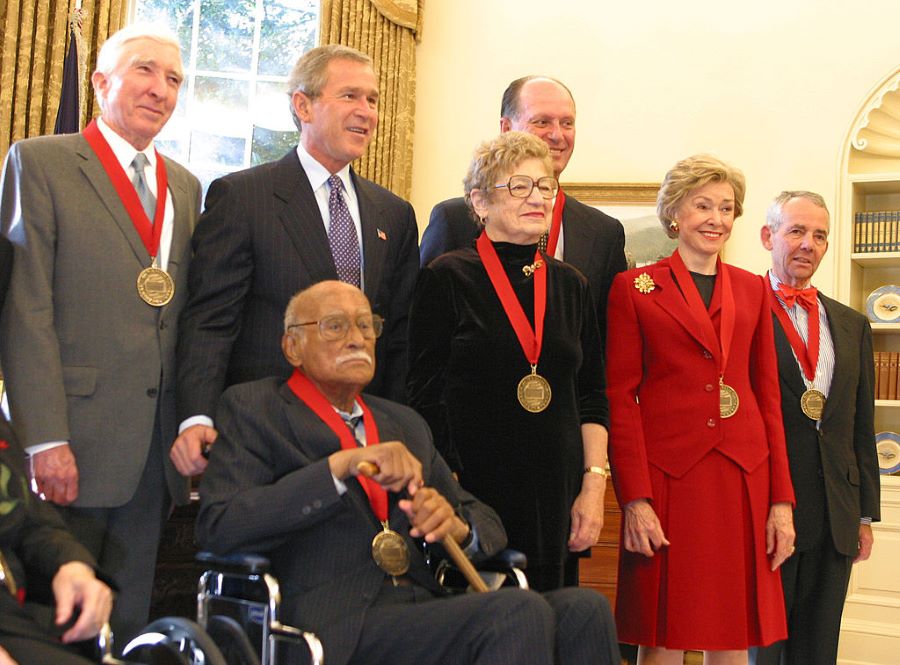HBCU Professor and American Diplomat Expressed the “Beauty and Universality of Great Literature.”

Dr. Frank M. Snowden Jr., PhD, was an American diplomat, scholar of classical antiquity, and teacher at Virginia State University, Spelman College, and Howard University.
In 2003, he was awarded the National Humanities Medal from President George W. Bush. He was celebrated as “a lion-hearted classicist” and “an Olympian man” on that occasion for “a life of eminent scholarship, inspirational teaching, public service, and personal courage on behalf of civilization’s noblest ideals.”
Dr. Snowden completed his doctorate at Harvard University in 1944. In 1949, as a faculty member at Spelman College, Dr. Snowden participated in the Fulbright U.S. Scholar Program to Italy. This was one of the first cohorts of Fulbright Scholars following the Program’s founding in 1946, reflecting the early and longstanding engagement between the Fulbright Program and HBCUs.
Dr. Snowden’s Fulbright to Italy was part of his ongoing research on the African presence in ancient Greece and Rome, and how Black people traveled and lived throughout the Mediterranean world as warriors, statemen, artisans, and diplomats from the 3rd millennium BCE to the 6th century AD.
After his Fulbright, Dr. Snowden taught at Howard, where his fellow professor Rudolph Hock noted that his students had “dubbed him Zeus” due to his commanding lecturing style. His nominator for the National Humanities Medal wrote that “Howard students will remember him for his dramatic classroom recitations in ancient Greek and Latin from memory and his plea for the beauty and universality of great literature.” At Howard, Dr. Snowden served as dean of the College of Liberal Arts and founded the school’s honors program.

In the beginning of the Eisenhower administration, Dr. Snowden took a leave from Howard to serve at the embassy in Rome as the cultural attaché from 1954 to 1956, becoming the first African American to serve in the position. At the end of Eisenhower’s presidency in 1960, the U.S. Department of State once again engaged Dr. Snowden to travel as part of a lecture tour to Brazil, showcasing American expertise abroad. Dr. Snowden further traveled the world delivering lectures in Egypt, Italy, Greece, Austria, and India.
Back at Howard, he wrote and published a number of major works which highlighted the interwoven lives of African people across the ancient Mediterranean. This included Blacks in Antiquity: Ethiopians in the Greco-Roman Experience (1970), The Image of the Black in Western Art I: From the Pharaohs to the Fall of the Roman Empire (co-authored, 1976), and Before Color Prejudice: The Ancient View of Blacks (1983).
His son, Dr. Frank M. Snowden III, continued the academic legacy of his father. Frank Snowden III had accompanied his father to Italy while he served as the cultural attaché, seeing first-hand the value of intercultural dialogue, and joined him to meet dignitaries such as Pope Pius XII. Dr. Snowden III became a Fulbright U.S. Scholar, as well, and pursued his Fulbright in the United Kingdom. After which, he went on to study Italian history, specifically the history of epidemics such as the bubonic plague and cholera. He was a long-serving professor of the history of medicine at Yale University.